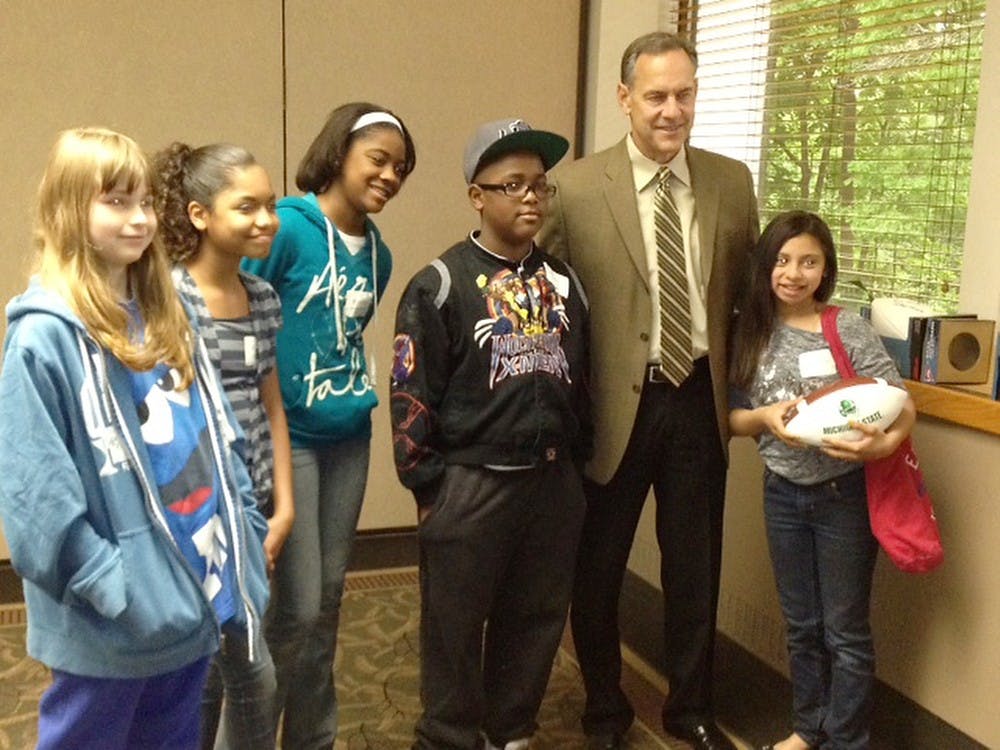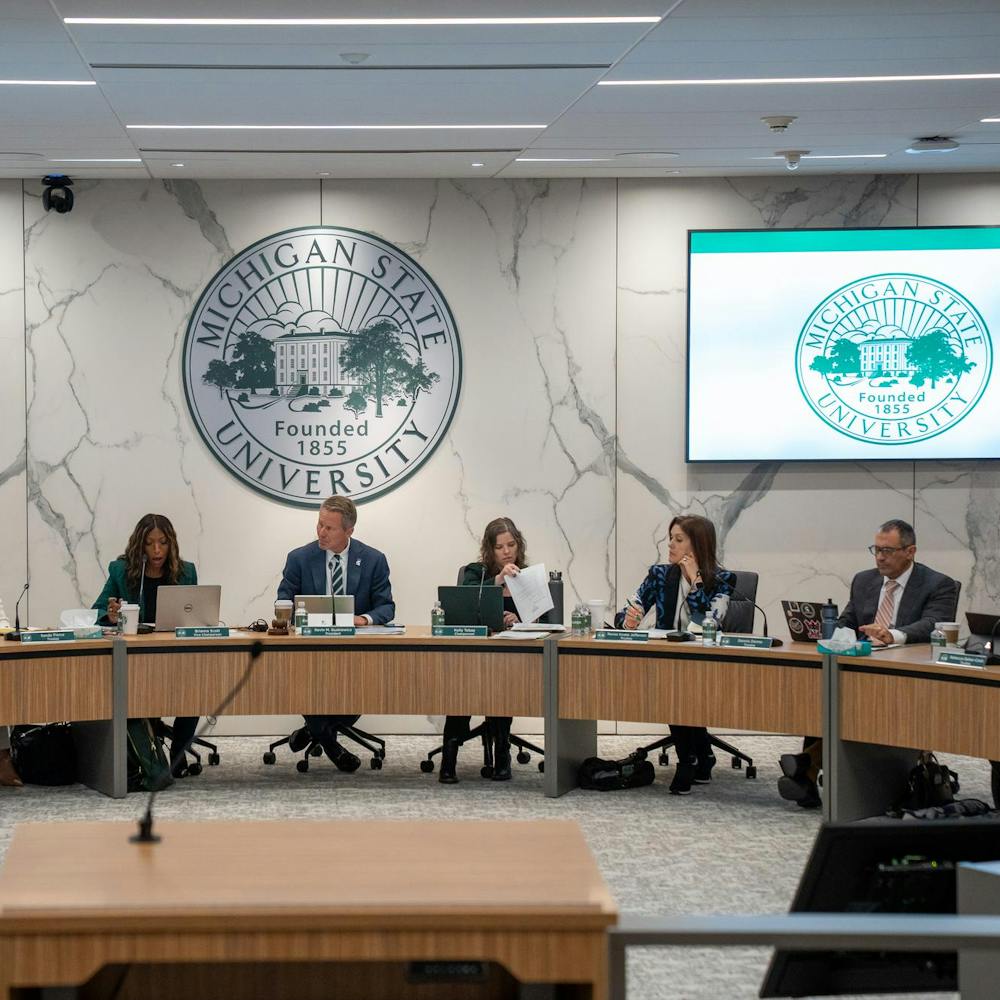When human medicine senior Stephanie Klein was in elementary school, one of her best friends had a mentor in the Big Brothers Big Sisters program, or BBBS. Noting the mentor had a positive effect on her friend, Klein decided to volunteer in the program when she got older.
Klein now is a mentor in BBBS. The program is a one-on-one mentoring organization that matches children from ages 5-17 with caring, responsible adults, said Alicia Barajas, BBBS Michigan Capital Region’s recruitment and customer relations services coordinator.
“Many of the kids who come to our program may be coming from single parent homes, they may be struggling in school, the family may be struggling financially,” Barajas said. “The role that the mentor plays is that they are a caring adult friend by getting together and doing fun activities (with the mentee) several times a month.”
BBBS has been in the Lansing area for more than 50 years. The mentors are known as “bigs,” and the mentees are known as “littles.”
Klein said the program is a great way to give back to the community. She noted being a mentor has had as much of an impact on her life as it has had on her mentee, a high school freshman.
“Seeing me has had a positive influence on her,” Klein said. “She’s going to college, it’s not a question of whether or not she wants to go. Because of what I do, I think that she has more of a focus on, ‘I need to do well, I need to go to college.’”
Biochemistry and molecular biology senior Andrew Martin joined BBBS last October. He said his experience as a summer camp counselor motivated him to become a mentor.
“Right now, I’ve got a younger (mentee), so it’s really nice that they kind of open up to you at that age,” he said.
“Bigs” are required to be at least 18 and have to live in the Lansing area for at least a year and a half after joining the program. Barajas said there are specific attributes that they look for when selecting “bigs.”
“We look for people who like to have fun, who are responsible, who really enjoy being around children of any age, who want to help, and give back to their community,” she said.
January is National Mentoring Month, and Barajas said the organization is using the month to partner with Capital Area United Way and kick off their recruitment efforts. The organization now has a shortage of male and minority mentors, particularly African-American mentors.
“A lot of our parents do have preferences or see value in having a mentor of the same race, so that’s very important,” she said. “We want our mentors to reflect the diversity of the mentees and of the community.”
Martin said potential mentors should understand that by mentoring, they are making a difference in someone’s life.
“With kids, it’s so easy to form an impression on them, and you have a chance to give them a good impression,” he said. “With a lot of the kids that we work with, they aren’t getting good signals from their environment. I think it’s a great feeling when you’re one of the good signals in someone’s life.”
Support student media!
Please consider donating to The State News and help fund the future of journalism.
Discussion
Share and discuss “Big Brother Big Sister sees help from MSU” on social media.







